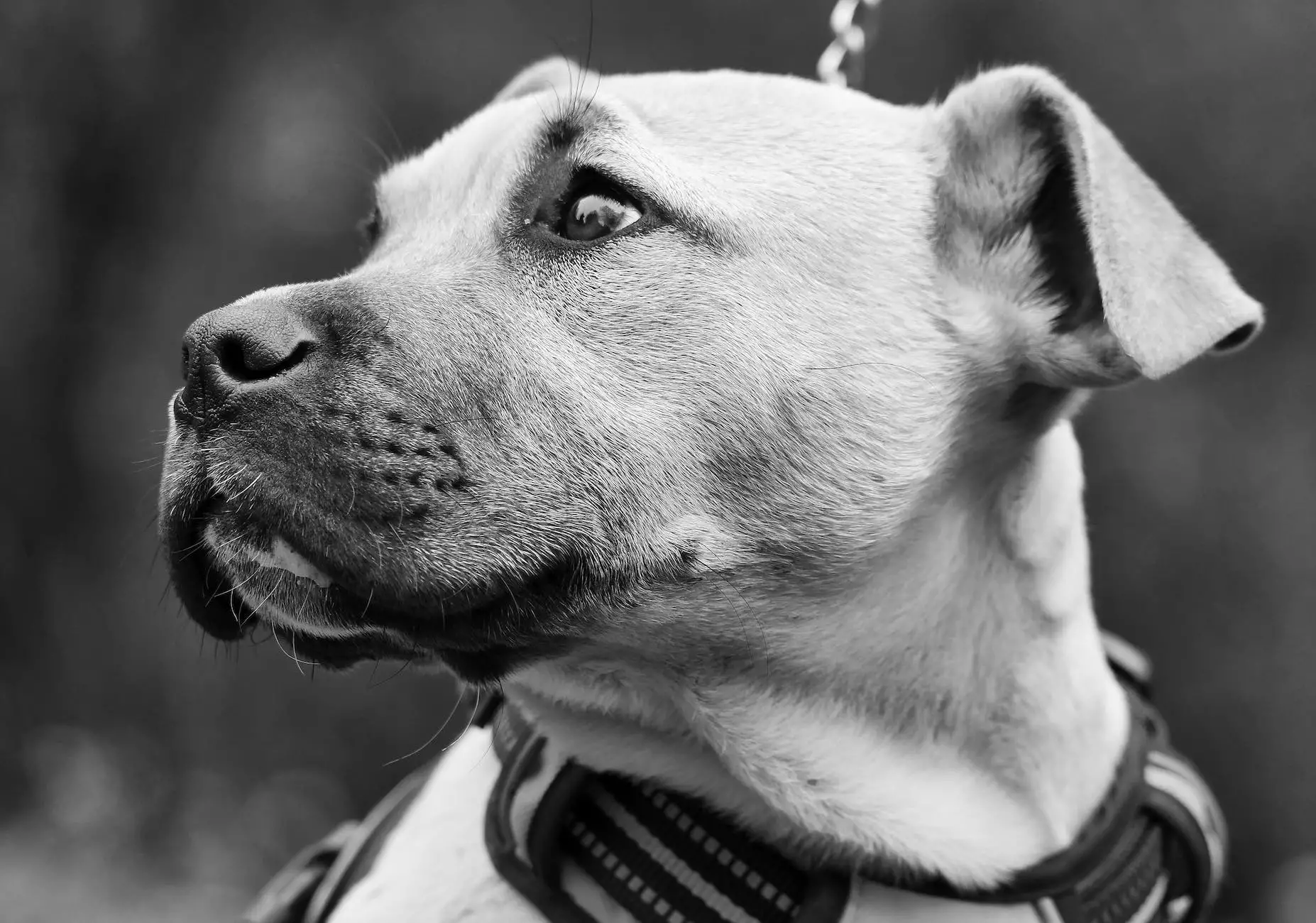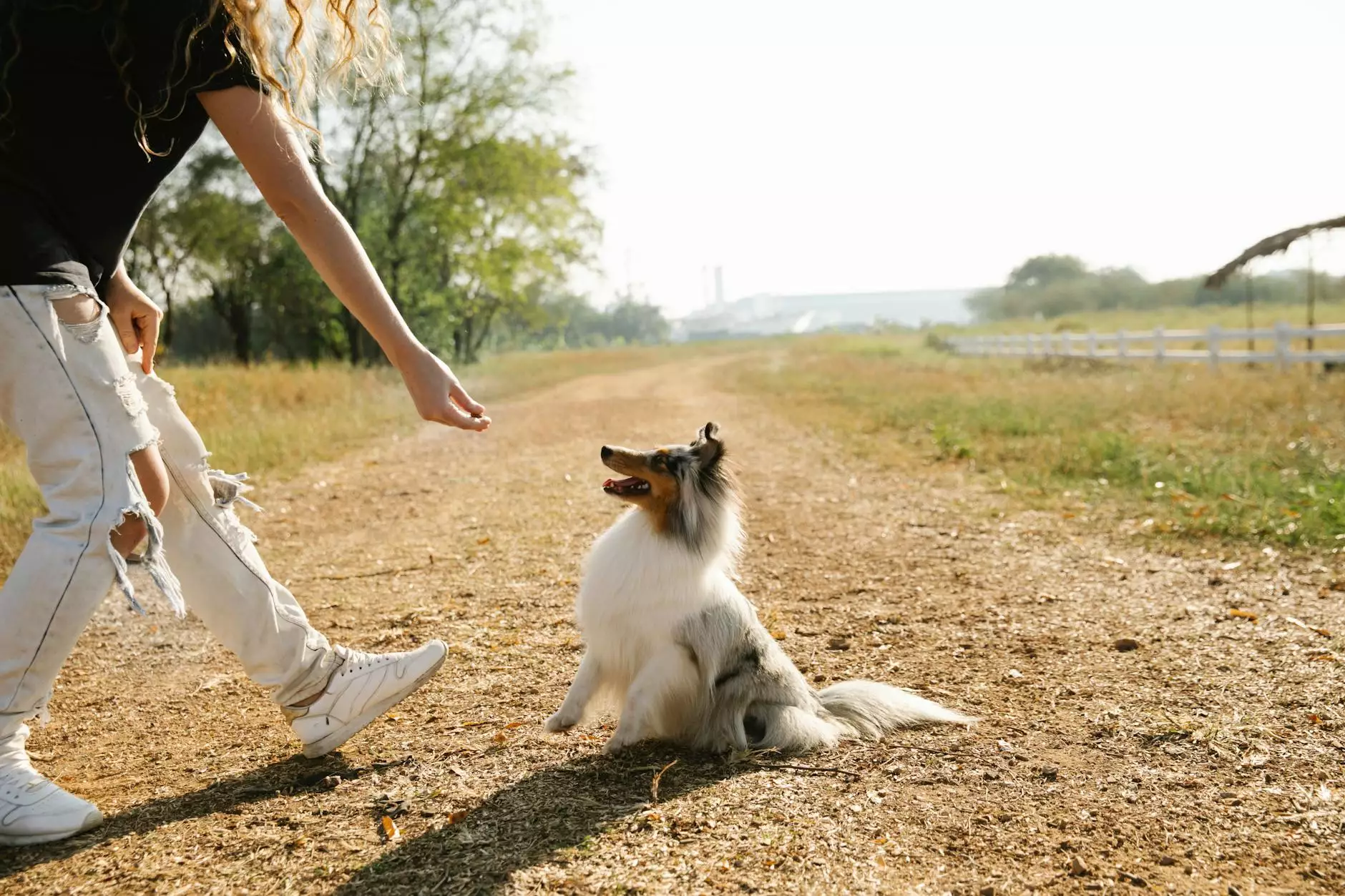Canine Obesity: A Growing Epidemic
Dog Care
The Impact of Canine Obesity on Your Dog's Health
As pet owners, it's crucial to be aware of the growing epidemic of canine obesity and its impact on our furry friends' health. Obesity in dogs is not only a cosmetic concern but also a serious health issue that can lead to various complications and reduce their quality of life.
The Causes of Canine Obesity
Several factors contribute to the rising numbers of overweight and obese dogs. One primary cause is overfeeding or providing excessive treats, leading to a calorie surplus. Lack of proper exercise, sedentary lifestyles, and certain medical conditions can also contribute to weight gain in dogs.
Health Risks Associated with Canine Obesity
Obesity in dogs can significantly impact their overall health and well-being. It increases the risk of various health conditions, including:
- Joint Problems: Excess weight puts additional strain on the joints, leading to arthritis, hip dysplasia, and other joint-related issues.
- Diabetes: Obesity is a known risk factor for developing diabetes in dogs.
- Heart Disease: It can lead to heart problems, including high blood pressure and heart failure.
- Respiratory Issues: Excess weight causes difficulty in breathing and can lead to respiratory problems.
- Reduced Lifespan: Obese dogs have a higher likelihood of a shortened lifespan compared to their healthy counterparts.
Preventing and Managing Canine Obesity
Prevention and management of canine obesity are essential for maintaining your dog's health and well-being. Here are some effective strategies:
Diet and Nutrition
A balanced and appropriate diet is vital for maintaining your dog's weight. Consult with a veterinarian to determine the right portion sizes and ensure that your dog's diet meets their nutritional needs. Avoid excessive treats and opt for healthier alternatives.
Regular Exercise
Regular physical activity is crucial for managing weight and promoting overall health in dogs. Engage your dog in daily exercise routines such as walks, runs, or play sessions. Tailor the exercise routine to your dog's age, breed, and overall health condition.
Veterinary Guidance
Regular veterinary check-ups are essential for monitoring your dog's weight and overall health. Your veterinarian can provide tailored advice, recommend appropriate dietary plans, and suggest specific exercises based on your dog's individual needs.
Building Healthy Habits
Establishing healthy habits for both you and your dog is key to maintaining their weight in the long run. Consistency in feeding schedules, portion control, and regular exercise routines will contribute to a healthier lifestyle for your furry companion.
Conclusion
Canine obesity is a growing epidemic with significant consequences for our dogs' health. By being proactive in preventing and managing obesity, we can improve their quality of life and increase their lifespan. With proper nutrition, regular exercise, and veterinary guidance, we can combat this epidemic and ensure our dogs live happy, healthy lives.
Wisconsin Adventures is dedicated to the well-being of dogs and promotes responsible pet ownership. We understand the importance of addressing issues like canine obesity, as it negatively impacts dogs' ability to enjoy outdoor adventures. By raising awareness and providing valuable information, we hope to make a positive impact on the lives of dogs across the country.









